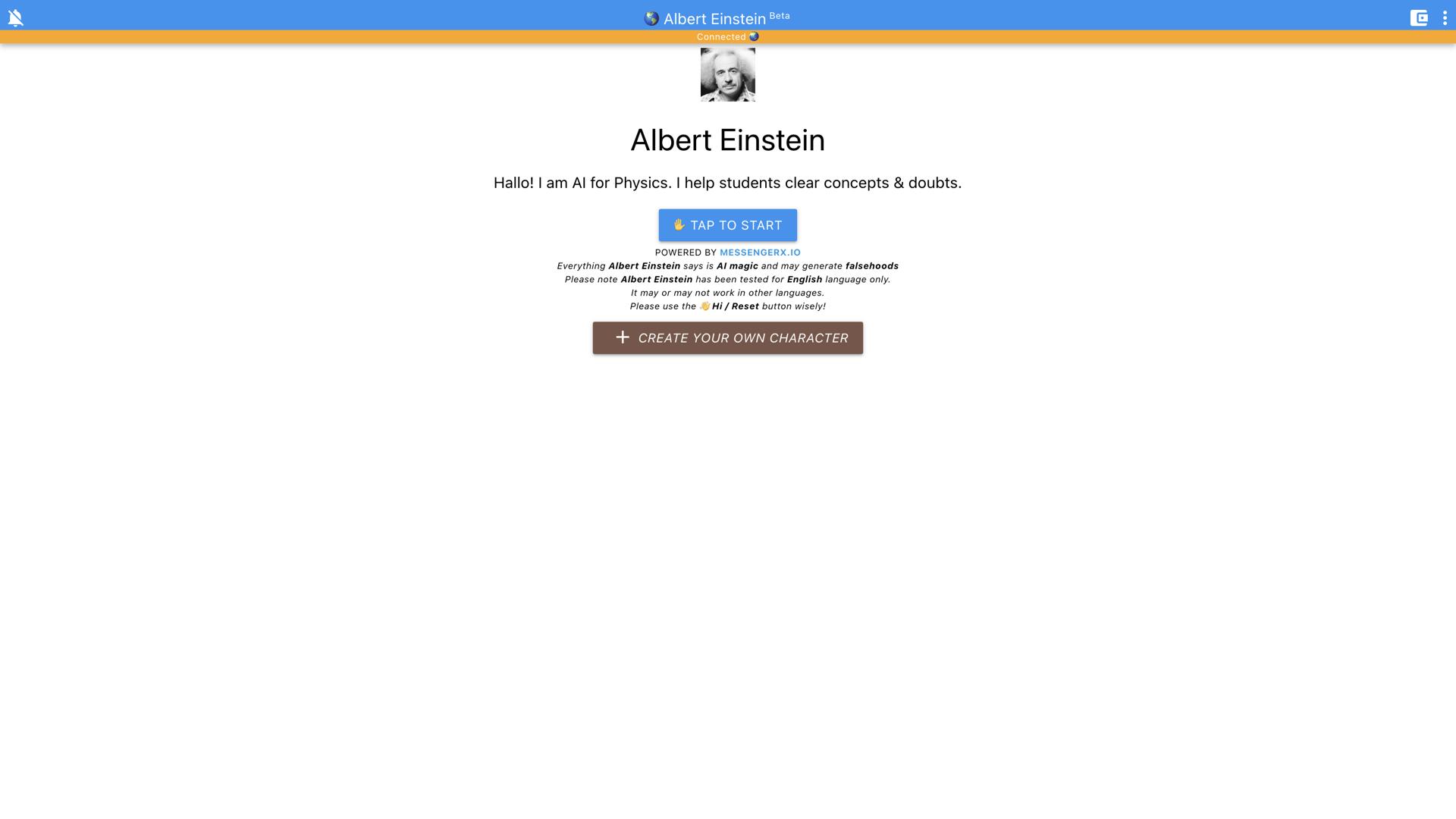Albert Einstein – Genius Physicist & Nobel Laureate
Introduction to Albert EinsteinAlbert Einstein is one of the most renowned physicists in history, famous for his groundbreaking work in theoretical physics. His contributions, most notably the theory of relativity, revolutionized our understanding of space, time, and energy, shaping modern physics as we know it today. He was awarded the Nobel Prize in Physics in 1921 for his explanation of the photoelectric effect, which laid the foundation for quantum theory.
Early Life and EducationAlbert Einstein was born on March 14, 1879, in Ulm, Germany. He showed an early interest in mathematics and physics, teaching himself advanced topics by the age of 12. Despite struggling in some subjects, Einstein excelled in others, leading him to study physics at the Swiss Federal Polytechnic in Zurich, Switzerland. His academic journey eventually led to the development of some of the most important theories in science.
Key Discoveries of Albert EinsteinEinstein’s theories transformed the way we view the universe. Below are some of his most notable discoveries:
- The Special Theory of Relativity (1905): This theory introduced the famous equation E=mc², describing the relationship between energy and mass. It challenged traditional notions of space and time, showing that they are relative and can change depending on the speed of an object.
- The General Theory of Relativity (1915): This expanded upon his earlier work, explaining how gravity works not as a force, but as a warping of spacetime by mass. The theory was later confirmed during a solar eclipse in 1919.
- The Photoelectric Effect (1905): Einstein’s explanation of the photoelectric effect provided crucial evidence for the quantum nature of light, laying the foundation for quantum mechanics and earning him the Nobel Prize in Physics.
- The Brownian Motion (1905): He used statistical mechanics to explain the erratic motion of particles suspended in a fluid, providing further evidence for the atomic theory of matter.
Albert Einstein’s work has left an indelible mark on the world of science. His theories have not only advanced our understanding of the universe but have also had practical applications in technologies like GPS and telecommunications. His legacy continues to inspire scientists, thinkers, and students around the world.
Why Albert Einstein’s Work MattersEinstein’s groundbreaking theories changed the way we view the universe, and they have shaped much of the modern technology and scientific advancements we rely on today. His intellectual achievements have paved the way for further discoveries in both theoretical physics and other scientific fields.
- Relativity and Space-Time: His theory of relativity has expanded our understanding of space, time, and gravity, influencing the development of cosmology and astrophysics.
- Quantum Mechanics: Einstein’s contributions to quantum theory laid the foundation for the development of modern quantum mechanics and technologies such as semiconductors and lasers.
- Technological Impact: Many of his discoveries have direct applications in technologies that are vital to everyday life, including GPS systems and nuclear energy.
Aside from his scientific achievements, Einstein was also a humanitarian and outspoken advocate for peace, human rights, and social justice. He emigrated to the United States in 1933 to escape the rise of the Nazi regime in Germany, and he became an American citizen in 1940. Throughout his life, Einstein worked on various political and social causes, including the promotion of civil rights and the pursuit of nuclear disarmament.
ConclusionAlbert Einstein’s profound contributions to science have made him one of the most influential figures in history. His theories of relativity and quantum mechanics fundamentally changed our understanding of the universe and continue to inspire generations of scientists and thinkers worldwide. Beyond his scientific achievements, Einstein’s legacy as a passionate advocate for peace, justice, and equality continues to resonate today.
